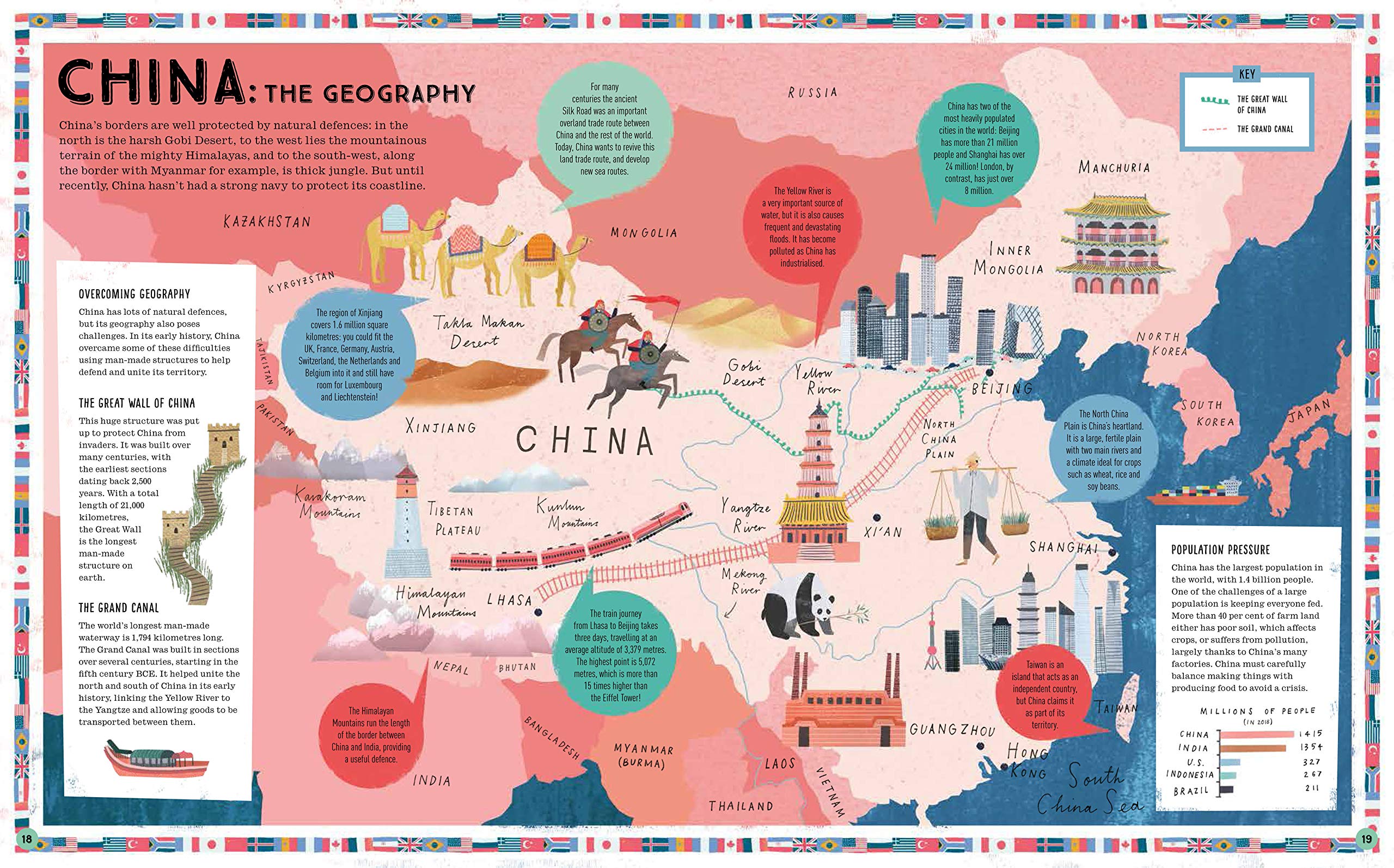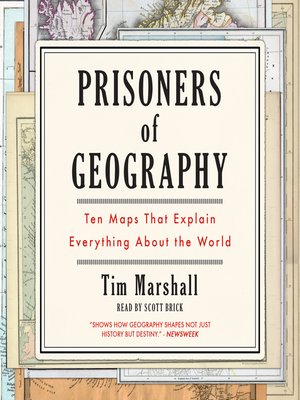

Few of Marshall’s explanations for the decline of territorial conflict - among them the risks of nuclear war, the rise of globalization and economic interdependence, and the contention that human society has generally become more civilized and rational - have much to do with geography. Prisoners of Geography describes the impact geography can have on international affairs, offering an explanation for such geopolitical events as Russias annexation of Crimea based on Russias need to retain access to warm-water ports and Chinas actions in Tibet to enforce its border with India.

When countries do fight over territory today, the battles are strictly limited: Consider troops from India and China, two nuclear-armed superpowers, going at it, by mutual agreement, with rocks and metal rods on their disputed Himalayan border. The exceptions - Russia’s incursions into its post-Soviet neighbors, China’s threats against Taiwan - only prove the rule, as leftover disputes from the breakup of the Soviet Union and China’s civil war, respectively. And yet, conventional conflicts between states over the control of territory are nearly unheard of today. Prisoners of Geography Paperback 2 June 2016 by Tim Marshall (Author) 17,520 ratings See all formats and editions Kindle Edition 401.19 Read with Our Free App Hardcover 1,561.82 1 Used from 1,500.00 4 New from 1,561.82 Paperback 488.00 37 New from 487. A literary novel with a squirrel subplot may sound improbable, our reviewer, Patricia Park, wrote, yet McKenzie adroitly skirts the line between the plausible and the absurd. He sees states as constantly motivated by fear of invasion or the desire for territorial expansion. Ten Maps That Tell You Everything You Need to Know About Global Politics.

But Marshall never really addresses the changing nature of armed conflict. Prisoners of Geography from Dymocks online bookstore.


 0 kommentar(er)
0 kommentar(er)
